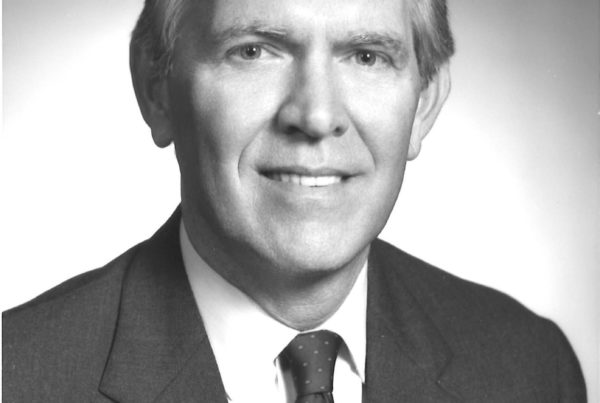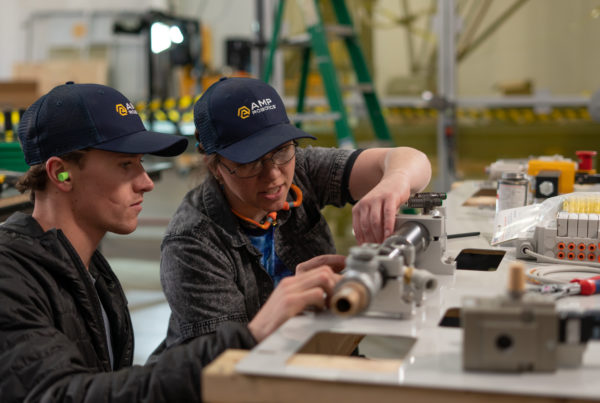AAPI Heritage Month, May 2021: Glimpse of Hope in Problems and Challenges
This week’s Industry Voices was written by Sandy Pierce. Pierce works as a Commodity Trader in the non-ferrous/electronics divisions at PADNOS and is the Vice Chair for Women in Recycling (WIR ISRI). Pierce is bilingual in English and Mandarin and has multiple years of experience in international business. Pierce also contributes to communities by serving on the Board of Directors for Good Samaritan Ministries, and contributing as a member of Women of Color GIVE, a philanthropy collective.
Happy Asian American and Pacific Islander (AAPI) Heritage Month! In recycling, we are surrounded with business trades to many Asian countries.
Since the COVID-19 pandemic, there have been many news articles regarding Asian hate. As a matter of fact, I recently went to a public place and saw a person wearing a mask stating sarcastically, “Thanks China.” I don’t normally put a lot of emphasis on holidays, but this May seems to be the perfect time to review and reflect on diversity centering on AAPI.

A major accomplishment made by AAPI was the building and completion of the first transcontinental railroad in May of 1869. Roughly 21,000 Chinese immigrants worked on this project. By 1880, this railroad transported $50 million worth of freight each year for domestic and international businesses. The railroad has changed and shaped America majorly. It made commerce possible, reduced cost of travel, altered concepts of distance, and brought people together. However, it also took a toll on the environment and increased racial division and conflicts.
In May 1993, AAPI Heritage month became an official annual observance, but this didn’t happen without a fight. This commemorative month originated from one woman, Jeanie Jew. While the contribution of the transcontinental railroad was huge, the recognition was not there. At the time, Black History Month and Hispanic Heritage Week were already in place. Lack of recognition of AAPI was personal to Mrs. Jew. Her great-grandfather helped build the railroad, yet he suffered and was killed due to Asian hate during the time. Major historical events include the Chinese Massacre of 1871, the Chinese exclusion Act of 1882, and the burning of San Jose’s Chinatown in 1887. Mrs. Jew believed that not only should Asians understand their own heritage, but all Americans must learn about the contributions and histories of AAPI in the U.S. Through Mrs. Jew’s persistence, this month we celebrate and focus on the achievement of the AAPI community, and its contributions to the success of our country.
History has taught me that problems are not always bad. Problems present opportunities for changes. That change can very well be negative but we can intentionally make it positive. The railroad brought negative tensions but also bright opportunities for diversity and inclusion. Mrs. Jew’s misfortune with her family gave her the strength to push for this recognition.
Growth would not have been possible without tension. COVID-19 taught me to adapt more than I ever thought I could have. Let us all be reminded of the success and opportunities the AAPI community brought and continue to contribute. What a privilege to be in the recycling industry and to have the ability to leverage relationships to strengthen economy, to learn diversity, and to gain knowledge from one another. Let us cherish and embrace our differences, and respect and learn from each other. Together we make the world a better place. Happy Scrapping!










